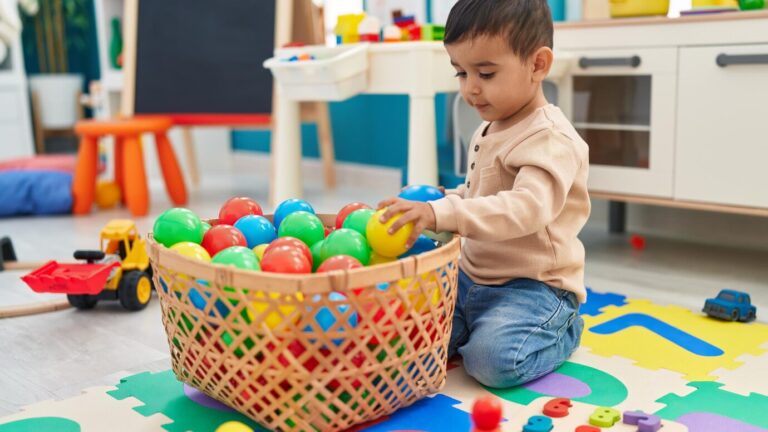Are we, as working parents, able to provide them with the correct kind of environment they need for their cognitive development during their most formative years? Is daycare the answer we are seeking? These questions can often trouble the modern parent, especially amid our fast-paced lives.
As children grow rapidly in their early years, they crave an abundance of learning experiences that shape their future personality. This introductory piece sets the stage to discuss how daycare can intervene to fill that gap. It’s not just a supervised playground anymore; modern daycare centres focus on structured programs that ensure developmental, emotional, and social growth in children. They bridge the gap between home and school, essentially becoming a child’s first step toward organized education.
Neglecting the importance of daycare in the modern world would be like missing a linchpin in a child’s growth. So let’s dive deep into understanding more about its role, its benefits and drawbacks, and what we should consider while selecting one.
Why Is Daycare Important?
Daycare centres are now seen as more than just a solution for working parents. They offer a structured environment which is hard to replicate at home. They comprise trained staff who foster an environment of curiosity, creativity, and independence among children.
The early years are critical for a child’s development, and daycare centres can provide a wealth of learning experiences. A child is not only nurtured physically but also stimulated mentally through various art, craft, music, and recreational activities. Even before a child hits the school age, they already have a bag full of skills that place them ahead of their peers.
Arguably, the social benefits of daycare might outweigh the others. What might seem like casual play often involves important lessons on sharing, empathising, teamwork, and fair play. These are lessons that stay for a lifetime.
The Pros and Cons of Daycare
While there are clear merits to the daycare setup, one must also consider the downsides. In daycare centres, students are exposed to stimulating, educational activities. They engage in social interactions that cultivate resilience and adaptability. The consistent routine and structured environment foster a sense of security and discipline. Daycare also provides relief for working parents, knowing their child is in a safe and nurturing environment.
On the other hand, daycare centres may also have large student-to-teacher ratios, potentially diluting the individual attention a child might need. Exposure to a variety of kids can increase the risk of illnesses. Lastly, there’s also the financial concern as high-quality daycare can be expensive.
What to Look for in a Daycare?
Choosing the right daycare can often seem daunting. Look for a safe and secure environment, check the student-to-teacher ratio and the qualifications of the staff. A high-quality daycare should provide well-balanced meals and have clean, child-friendly facilities. Review their curriculum and approach toward teaching. Most importantly, observe the emotional climate – is it a happy, warm, and nurturing place?
How to Prepare Your Child for Daycare?
Transitioning a child to daycare might take some initial hiccups. Begin by having open conversations about the new routine. Visiting the daycare before the first day with your child might help ease their anxiety. Promote positivity and excitement about the new place, friends, and activities.
See to it that you gradually increase the hours spent at daycare to ensure a smoother transition. Staying patient and understanding during this period can greatly help your child adjust better.
Can Homeschooling Replace Daycare?
Homeschooling offers flexibility and personalized attention but it may not provide the structured environment and social interaction that a daycare does. A single caregiver might not be able to replicate the diversity of activities and peer interaction that daycare offers. However, both can coexist depending on the child’s needs and family circumstances.
Conclusion
While the dilemma will persist, considering daycare isn’t just an option anymore, it’s a necessity for some. Considering the multitude of benefits it offers, daycare centers seem like an apt choice to ensure our children’s well-rounded development. Yes, it has its limitations and can never replace the warmth of our homes, love, and guidance as parents. However, it provides our children with a unique perspective on social dynamics and life skills, sets the stage for lifelong learning, and at the same time, provides relief to working parents. However, the choice of incorporating daycare into a child’s regime rests firmly in the hands of the parents keeping the child’s best interest at heart.

